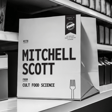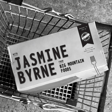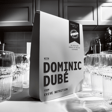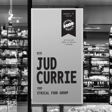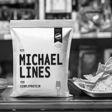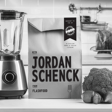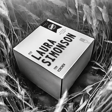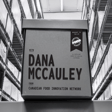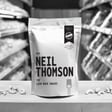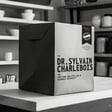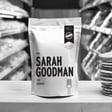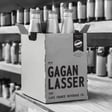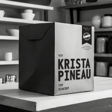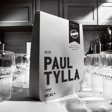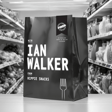
Ameen Fadel | Cedar Valley
Taste is king when it comes to many of the choices we make in the grocery store, and when those wow flavours combine with a great founder story, it’s easy to become a loyal consumer.
In this episode of Aisle 42 we’re going behind the scenes of Cedar Valley, a Lebanese inspired pita chip company. The conversation with co-founder Ameen Fadel (who recently found himself on the Forbes 30 under 30 list, takes through some of his entrepreneurial journey, and we talk about authentic flavours, ethical food production and injecting some tradition back into our snacking life.
Amen talks about his humble “school project” beginnings in food making, his working partnership with his Mom and their mission to bring community into the workplace and to the dinning table.
Learn more about the brand and products at www.cedarvalleyselections.ca and see who's behind Aisle 42 at www.ethicalfoodgroup.com.
Here are the highlights:
Vision for the Future Grocery Store:
Ameen envisions a future grocery store filled with innovative, health-conscious brands, minimal ingredients like those made at home, locally sourced products, and a strong focus on supporting small, local businesses.
The Importance of Showcasing and Experience:
Both discuss the importance of grocery stores creating a destination-like experience by showcasing local and unique brands. This approach can make shopping more of an experience rather than a chore.
Changing Shopping Experiences:
Ameen reminisces about a time when grocery shopping was a community experience, suggesting a desire to bring back this culture.
Cedar Valley's Unique Selling Propositions:
Ameen talks about Cedar Valley, a company making authentic-style pita chips with clean, minimal ingredients and no inflammatory seed oils, focusing on simplicity and health.
Cedar Valley’s Culture and Manufacturing:
The conversation touches on the company culture at Cedar Valley and the decision to do their own manufacturing to ensure quality and control over the production process.
Sustainability Efforts:
Ameen discusses Cedar Valley's sustainability efforts, including minimizing food waste by partnering with local chicken farms and food banks, and efforts towards sustainable packaging.
Canadian Identity and Local Sourcing:
Emphasis on the importance of being a Canadian-made product, sourcing ingredients locally as much as possible, and the positive reception from consumers and retailers.
Dragons’ Den Experience:
Ameen shares his experience on "Dragons' Den", securing a million-dollar deal with Arlene Dickinson, and the impact of this exposure on Cedar Valley.
Community and Culture:
The importance of community and creating a positive culture within Cedar Valley and in their approach to business is highlighted.

